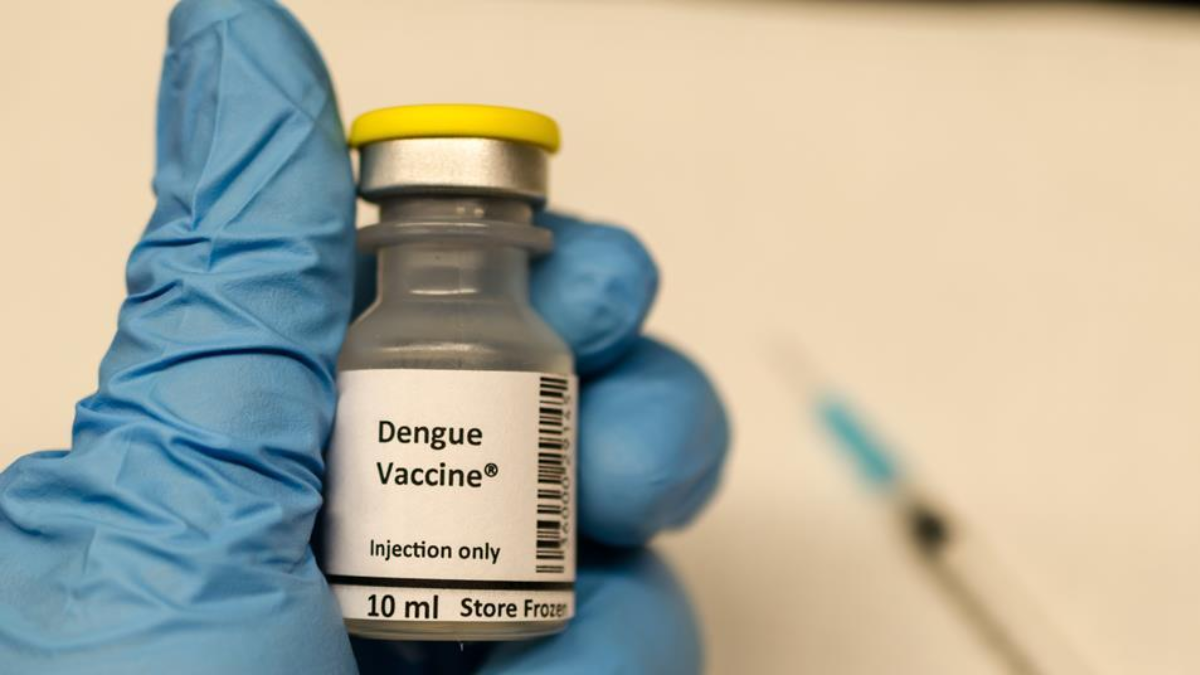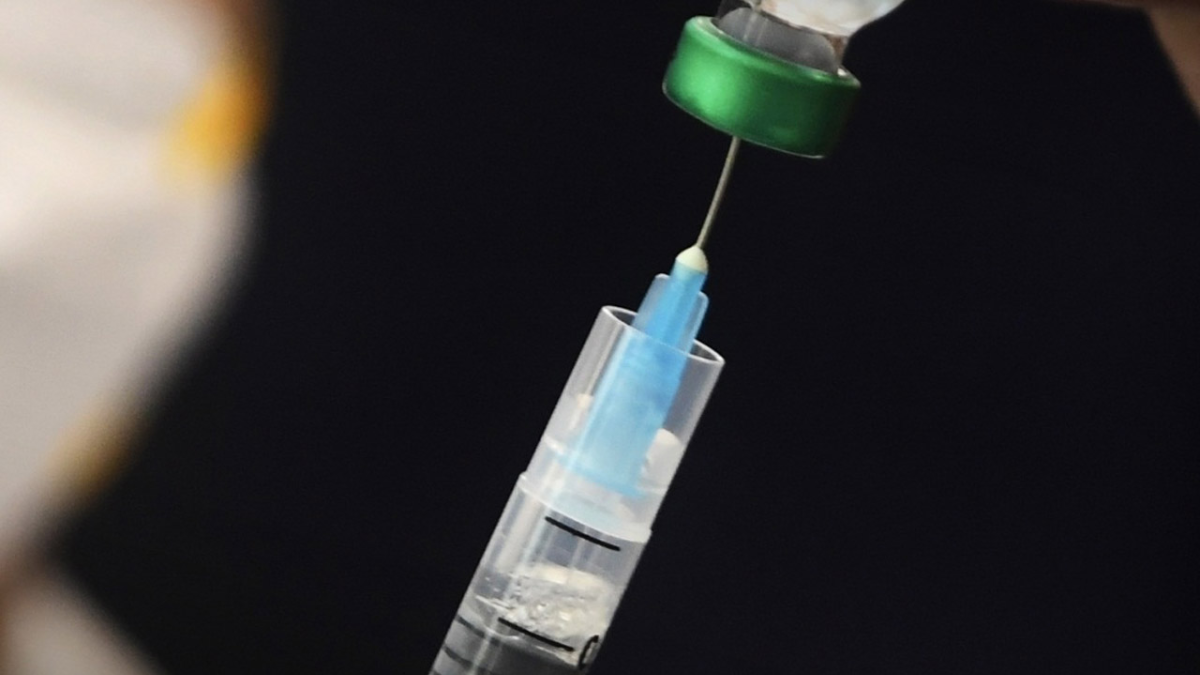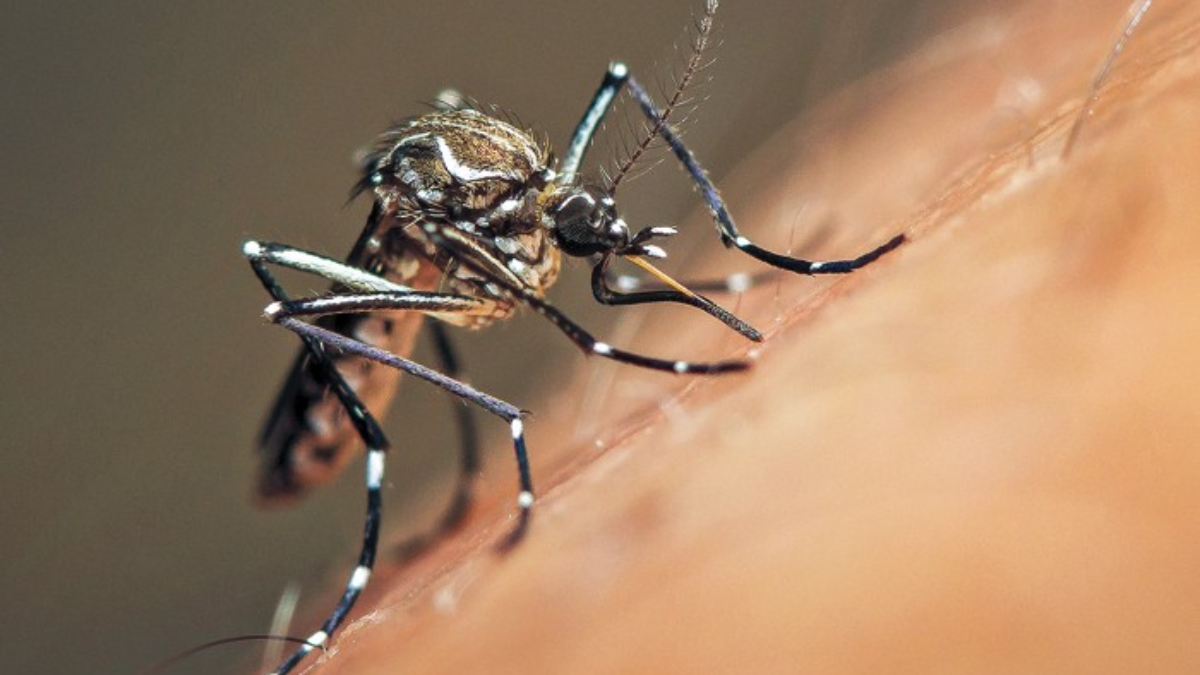
India may soon mark a major milestone in its fight against dengue with the anticipated rollout of the Japanese-developed vaccine Qdenga. With plans for domestic production underway, the vaccine could reach the Indian market by 2026, promising a crucial shield against a disease that has wreaked havoc in the country year after year.
Table of Content:-
This development comes at a time when dengue continues to pose a serious public health challenge. In 2023 alone, India recorded nearly 300,000 cases—one of the highest figures in recent years—highlighting the urgent need for a reliable preventive measure.

Vaccine Collaboration Under the ‘Make in India’ Banner
Qdenga, scientifically known as TAK-003, is the result of decades of research by Japanese pharmaceutical firm Takeda. For its Indian rollout, the company has joined hands with Hyderabad-based Biological E to facilitate local production. This partnership falls under the Indian government’s ‘Make in India’ initiative, aimed at boosting domestic manufacturing capabilities in critical sectors such as healthcare.
Biological E is set to play a central role in scaling up vaccine production. While Takeda’s facility in Germany currently handles global supply, the Indian partner will be responsible for producing both single-dose and multi-dose vials—formats essential for cost-effective distribution, especially within government-run immunisation programs.
Takeda aims to manufacture 100 million doses of Qdenga annually by the end of the decade, with Biological E contributing half of this target. Multi-dose vials, preferred for public health campaigns due to their affordability and ease of transport, will be exclusively manufactured by Biological E.

How Qdenga Works: A Science-Backed Solution
Dengue is caused by four closely related viruses—DENV-1 to DENV-4—transmitted by the Aedes aegypti mosquito. The complexity of the virus, with its multiple strains, has long made vaccine development a scientific challenge.
Qdenga addresses this by using a live-attenuated platform, which involves weakened versions of all four serotypes. Administered in two doses spaced three months apart, the vaccine has demonstrated over 90% immune response in both previously infected (seropositive) and uninfected (seronegative) individuals, according to clinical trial results published in peer-reviewed journals.
Also Read: 156 Million Americans Now Breathing Unhealthy Air, Warns Alarming New Report
The vaccine’s development has been rigorous. Takeda’s research journey began in Thailand in the 1980s and included major collaborations, such as with the U.S. Centers for Disease Control and Prevention (CDC). The pivotal TIDES study, involving 20,000 participants across eight dengue-prone countries, delivered strong efficacy results. These findings were later confirmed through long-term follow-ups, making Qdenga one of the most comprehensively studied dengue vaccines to date.

WHO Endorsement and Global Footprint
In May 2024, the World Health Organization (WHO) granted Qdenga prequalification status after evaluating data from 19 global studies. The results showed a reduction of over 50% in dengue incidence, opening the door for procurement by agencies such as UNICEF and the Pan American Health Organization.
Also Read: Switch On Diet: Know All About The Viral 4-Week Fat-Melting Plan Everyone’s Talking About
To date, Qdenga has already been approved in several dengue-endemic countries, including Brazil, Indonesia, and Argentina, as well as across the European Union. More than 10 million doses have already been administered globally since its launch in 2023.
Clinical Trials and Rollout Strategy in India
Currently, Qdenga is undergoing additional clinical trials within India to generate region-specific safety and efficacy data. Takeda expects regulatory approval and licensing by 2026, with a dual rollout planned across both public and private healthcare channels.
Derek Wallace, head of Takeda’s global vaccine business, confirmed that the initial focus will be on pediatric populations in line with WHO recommendations. However, the vaccine will also be made available to adults through private healthcare providers. This strategic rollout, coupled with localised production, positions India to not only protect its population but also emerge as a potential hub for regional dengue vaccine distribution in the future.
Bottomline
With the backing of global research, strong local manufacturing, and support from international health authorities, the launch of Qdenga in India stands to revolutionise the country’s dengue prevention efforts.
Also watch this video
Read Next
Val Chmerkovskiy Shares His Experience, Passes Kidney Stone on A Plane: Is It Medically Possible?
How we keep this article up to date:
We work with experts and keep a close eye on the latest in health and wellness. Whenever there is a new research or helpful information, we update our articles with accurate and useful advice.
Current Version